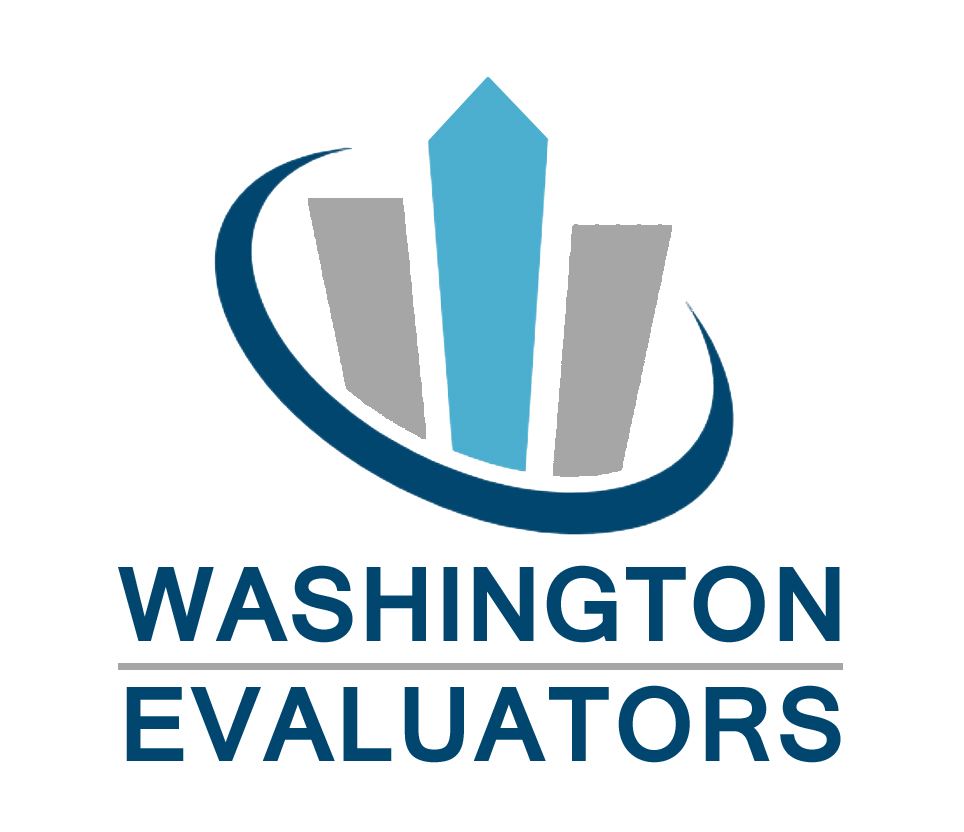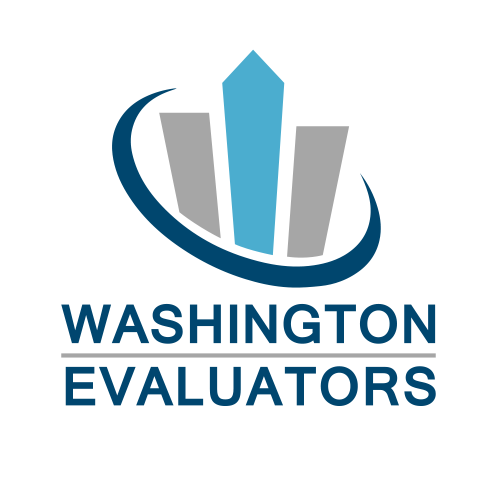|
Tina is a Monitoring, Evaluation and Learning (MEL) specialist with significant experience working across the Global South. After completing secondary school in Bangladesh and Cambodia, she went on to earn a BA in International Studies and Development from the University of Michigan then a MA in International Development, Governance and Political Institutions from American University. Throughout her studies and since graduation, Tina has worked in a variety of M&E capacities for numerous public, private and social enterprises. She currently resides in Kenya.
Today, we ask Tina about her life as an evaluator and more:
|
|
----------
Tell us a little about yourself and your professional journey. How did you get involved in evaluation and what inspired your career?
I started off in development on the financial and technical program side. I found myself growing very frustrated with the way in which money was being programmed and how little we were able to say about change in communities, institutions or people. I went back and forth about leaving the sector and trying something else out. I had a mentor who was the MEL Director the project I was supporting at that time. I confided in him and he challenged me to work with him for six months and channel my frustration into helping the activity be better at communicating its effects. If I wasn’t able to, he told me I could then leave. I had a little M&E experience from graduate school and a previous internship – both great experiences. Since the project was new, the MEL Director was still building up a team and so I was thrown into a variety of activities. Through this process, I saw that interventions were being effective in some cases or were designed incorrectly. I found that I really enjoyed working with teams to unpack theories of change and assumptions, build stronger activities, and design systems to monitor and evaluate these activities. I realized that my role in this sector was to challenge from within and help my colleagues tell better stories about why they wanted to do what was proposed, what type of change was expected and whether that change had taken place.
What do you love most about being an evaluator?
I love sitting down with colleagues who are new to M&E and slowly helping to show them why this is important. I like hearing from them why they think what they’re doing is necessary and then working with them to identify assumptions and make the connections between what we’re doing and what we expect to see. I really enjoy finding ways to inculcate excitement about M&E and making it a topic that is easy to absorb and easy to understand. Directly connected to this, I really enjoy working with colleagues to use what we’ve learned to critically think about how this affects our activities. It’s so easy to continue programming and give ourselves little to no room to take in information, breathe and see how that information affects our decisions. I like being able to create the space and/or show my colleagues how this is feasible.
As a global citizen, both your personal and professional lives have been influenced by a diverse array of cultures and traditions. How has your approach to evaluation been shaped by these influences?
Based on my influences, I really value creating spaces that are accessible to all and building in time to listen. Too often, colleagues who have a strong understanding of country context and/or communities or institutions or systems we’re working with aren’t given the space or time to influence evaluations. At different points in my career, I have worked on and/or managed evaluations which didn’t include time to hear from a diverse array of voices and also didn’t take the time to ensure that everyone was being brought along. In response, I started to build in more time into evaluations that I managed and use them as an opportunity to build the capacity of colleagues who are directly implementing the activities being evaluated. I’ve used this additional time to either create pause and reflect moments for colleagues to step back and unpack their activities. I’ve also used this additional time to include a few colleagues in specific tasks (such as data collection and analysis) and use it as a way to build their capacity in qualitative data analysis, for example.
How do you define success and/or what is your philosophy of failure?
I define success – within evaluations – as being able to get to a place where a diverse array of voices is included in the discussion and people are talking and challenging each other and pushing each other to engage in the topic. One specific moment where I look for this is during data analysis and whether I’m able to engage more people in this process especially in discussing interpretation of data and/or using context to refine our understanding of what beneficiaries might be saying. Another way I define success – something I am still working on – is taking what we’ve learnt back to communities and finding ways to include them in the interpretation of data and/or getting their feedback on conclusions and/or recommendations. I think it is very important for the process to not be only extractive and for us to find ways to widen the number of voices and deepen our engagement.
How do you plan to, or currently, promote equity in your evaluation work?
Equity in evaluation is definitely an ongoing journey and a space where we can all do a better job. I work on promoting equity in a few different ways. Firstly, it’s important that the activity being evaluated was equitable. This is why it’s important to find ways to work with programmatic colleagues during design and implementation to ensure that the assumptions being made and the pathways that are articulated are also emphasizing the importance of equity. During evaluations, it’s important to think through how to ensure that the process is accessible to all beneficiaries. Lastly, finding ways to include a diverse array for colleagues, and beneficiaries, during the analysis process so they can influence the interpretation of data, articulation of conclusions and definition of recommendations.
What do you wish people knew about evaluation?
I wish people knew that – when done well – it’s such an important tool to have in your toolkit. I wish people knew that it’s important to use evidence – or find ways to build in the collection of evidence – ahead of important decisions. And I wish people knew that it should be accessible to all.
What advice do you have for young, transitioning and/or emerging evaluators?
a. Find a mentor. Someone that you are comfortable with who can help you navigate the field, introduce you to individuals, teach you and also hold you accountable.
b. Always always always listen to the voices of those who are being evaluated. Find ways to amplify their voices.
c. Recognize that your programmatic and financial colleagues have a lot to bring to the table that can help you better understand where evaluation fits. Create space for them. Listen to them.
d. Be humble.
e. Meet your colleagues where they are and be prepared to demystify this sector for them. We’re only as strong as we’re able to build relationships and help others see the value of the work that we do and how it’s connected to their work.
How has the COVID-19 pandemic impacted your personal life? What challenges, opportunities, sorrows, and joys has it brought to you?
COVID-19 has put me in a place where I’m far away from my loved ones and unable to travel to be with them. At the same time, it’s shown me the power of my community in how easy it’s been to create spaces to share and unpack what we’re all going through. It’s given me the opportunity to do more exploring of Kenya (where I currently live) as I look for spaces to get away. It’s also given me the time and space to create elaborate meals that have multiple steps over a day since they provide good moments where I can quickly step away from work.
What are you reading now or what is favorite book and why?
I just finished reading The Death of Vivek Oji. Akwaeke Emezi is one of my favourite authors. They have a way with words and an ability to loudly tell stories that need to be told. They have created worlds that are so real for so many but rarely spoken about. I highly highly recommend all three of their books. Each time I’ve started one, I’ve ended up spending all day getting through it – both excited at how beautiful they tell stories and sad that the more I read, the closer I get to the end.








